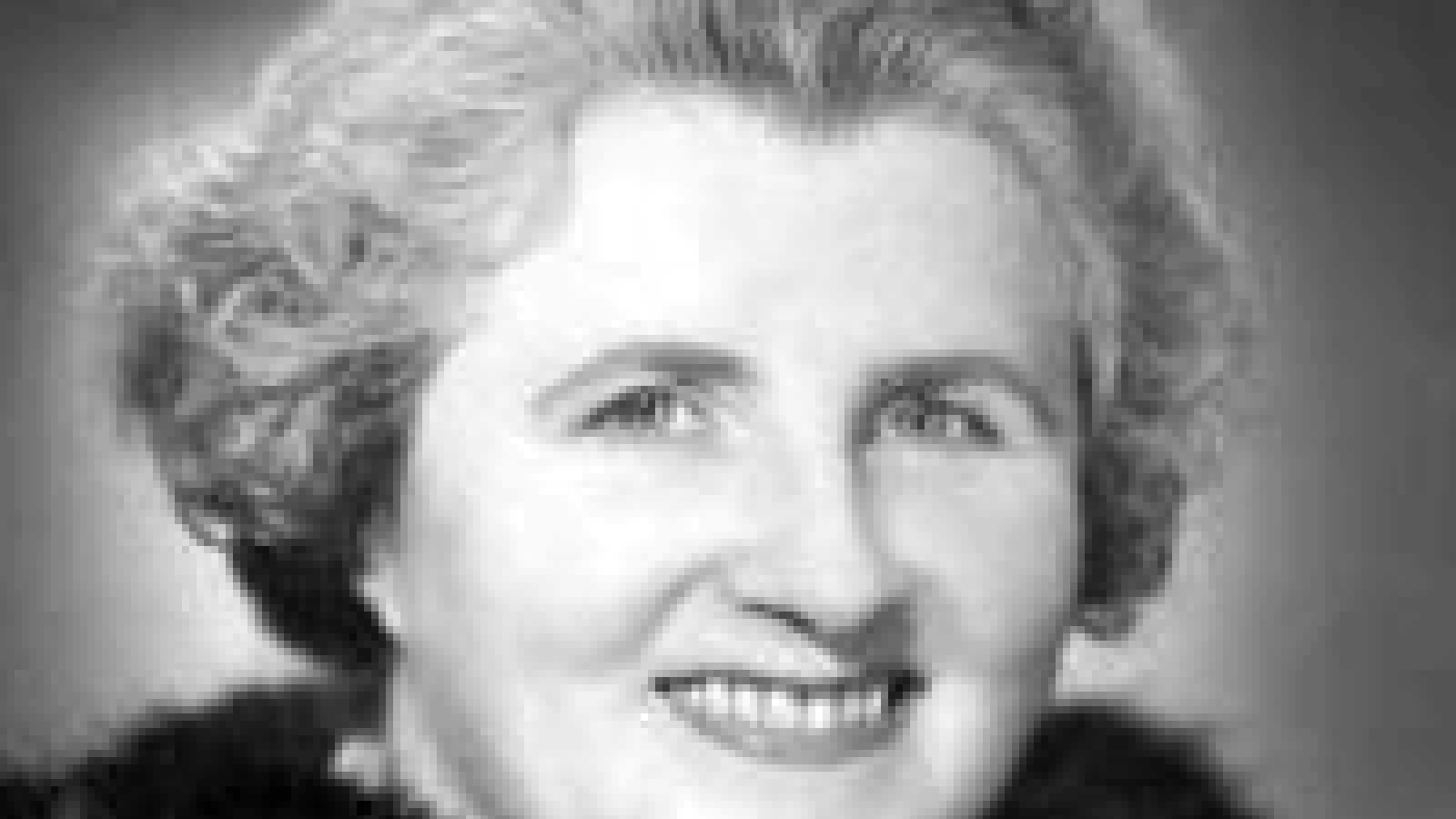Women's history up for debate

 Professor Angela Woollacott knows you “wouldn’t have a clue” who Australia’s first female federal politicians were.
Professor Angela Woollacott knows you “wouldn’t have a clue” who Australia’s first female federal politicians were.
“We have this interesting fact in Australian history that we were the first country in the world to give women full political rights, including not just the right to vote, but the right to stand for parliament,” she says.
“That was in 1902 but it took until 1943 until women were elected. And do you think anyone in Australia would know who those two women were?”
Woollacott, Manning Clark Professor of History in the ANU College of Arts and Social Sciences, will be arguing that we need to know more about these pioneering women – Enid Lyons and Dorothy Tangney, for the record – and the many others who have shaped Australian history, when she takes the floor for a debate to mark Women’s History Month.
Participants in the debate, including celebrity feminist author Dr Anne Summers and other women prominent in the study of Australian history, will debate the proposition that ‘Australia doesn’t need Women’s History Month’.
Professor Woollacott will be arguing in favour of abolishing Women’s History Month, which has been held every March since 2000, but will still be advocating for better promotion of women’s history.
“I think that Australian history in its most public form tends to gravitate towards male-oriented myths, like Ned Kelly and the ANZAC diggers and the larrikin bloke,” she says.
“I feel quite passionately that in our public culture we need to know our actual history much better than we do, rather than settle for these shallow myths and legends. Women’s history needs to be front and centre a part of that, because women have been here from the beginning: obviously Aboriginal women, but also since European invasion and settlement there have been women playing very prominent parts in every aspect of Australian history.”
Much of Professor Woollacott’s research career has been dedicated to the role of women in Australian history. Her books include a study of the thousands of Australian women who travelled to London in the period between 1870 and 1940 to ‘try their fortune’, and a profile of Merle Oberon and other ‘Australian’ performers in the early 20th century, who were not actually as Australian as they claimed.
She says the study of women in our past is not just for the sake of correcting the historical record.
“We’d do a lot better in terms of achieving equality in the present if people knew just how much Australian women have contributed since the beginning. For example, I think that lack of knowledge about women’s participation in politics was a crucial factor in the treatment of Julia Gillard.”
The ANU School of History specialises in gender – among other areas of study – and Professor Woollacott notes that ANU will be well represented in next week’s debate.
On her opposing team are Alix Biggs, former Young Historian of the Year and current ANU undergraduate history student, and Deputy Vice Chancellor (Academic) Professor Marnie Hughes-Warrington. Professor Kim Rubenstein, from the ANU Gender Institute and ANU College of Law will be among the judges.
Professor Woollacott says she’s honoured to have been invited to participate in the debate, even if her debating skills are a little rusty.
“I haven’t actually been in a debate since high school!” she admits.
The debate will take place at 6.30pm on March 26, 2014 in Canberra’s Albert Hall. For more information and tickets, visit http://womenshistory.net.au.